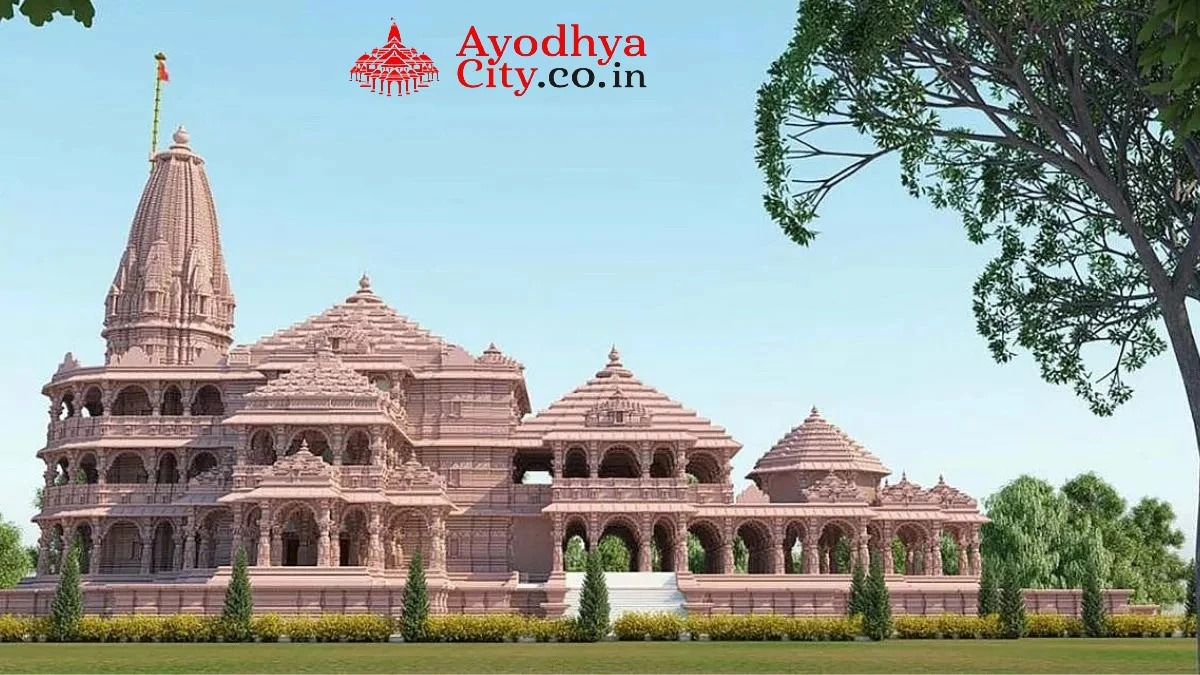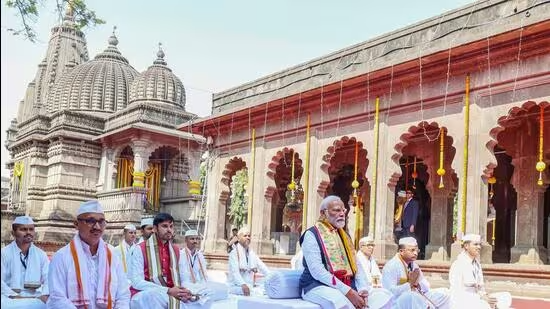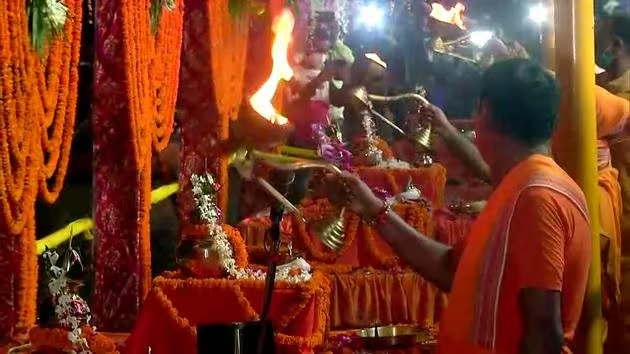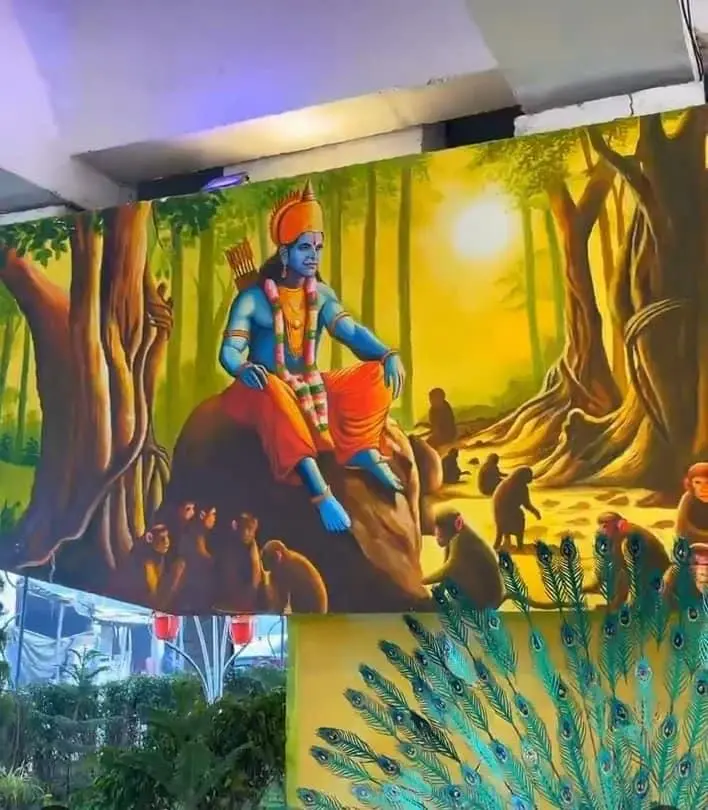Table of Contents
- Introduction to Ayodhya’s Festive Traditions
- Ram Navami: Celebrating Lord Ram’s Birth
- Diwali: The Festival of Lights
- Hanuman Jayanti: Honoring Lord Hanuman
- Navratri: A Nine-Night Devotion
- Makar Sankranti: A Harvest Festival
- Shravan Jhula Mela: A Unique Celebration
- Frequently Asked Questions (FAQ)
1. Introduction to Ayodhya’s Festive Traditions
Ayodhya, a city with a deep-rooted spiritual heritage, is known for its vibrant and diverse festive celebrations. The city’s temples come alive with various festivals throughout the year, offering a unique blend of devotion, tradition, and cultural richness.
- Ayodhya’s temples are known for vibrant and diverse festivals.
- Each festival offers a unique blend of devotion and culture.
2. Ram Navami: Celebrating Lord Ram’s Birth
Ram Navami, celebrated in March or April, marks the birth of Lord Ram. This auspicious day sees Ayodhya’s temples adorned with lights and flowers, with special pujas and processions being the highlight.
- Ram Navami marks the birth of Lord Ram.
- Temples are adorned with lights, and special pujas are conducted.
3. Diwali: The Festival of Lights
Diwali, one of the most significant festivals in Ayodhya, celebrates the return of Lord Ram from exile. The city is illuminated with lamps and fireworks, and the temples conduct elaborate Aarti and offerings.
- Diwali celebrates Lord Ram’s return from exile.
- The city is illuminated, and temples hold special Aarti and offerings.
4. Hanuman Jayanti: Honoring Lord Hanuman
Hanuman Jayanti, observed to honor Lord Hanuman, is marked with special prayers and ceremonies in temples, especially in Hanuman Garhi. Devotees throng the temple to offer prayers and participate in rituals.
- Hanuman Jayanti honors Lord Hanuman.
- Special prayers and ceremonies are held, especially in Hanuman Garhi.
5. Navratri: A Nine-Night Devotion
Navratri, a nine-night festival dedicated to Goddess Durga, is celebrated with great fervor. Temples host special pujas, and the city observes various cultural programs, culminating in the grand Vijayadashami celebration.
- Navratri is dedicated to Goddess Durga.
- The festival includes special pujas and cultural programs.
6. Makar Sankranti: A Harvest Festival
Makar Sankranti, a harvest festival celebrated in January, marks the sun’s transition into Capricorn. The festival is observed with special rituals in temples and is also known for the holy dip in the Sarayu River.
- Makar Sankranti is a harvest festival in January.
- Special rituals are observed, and a holy dip in the Sarayu is customary.
7. Shravan Jhula Mela: A Unique Celebration
The Shravan Jhula Mela, held in the monsoon month of Shravan, is a unique festival where idols of Lord Ram, Sita, and Lakshman are placed on swings. This celebration, particularly in the Ram Mandir, attracts large crowds.
- Shravan Jhula Mela involves placing idols on swings.
- The festival is especially popular in the Ram Mandir.
8. Frequently Asked Questions (FAQ)
- When is the best time to visit Ayodhya for festivals?
- The festive seasons of Ram Navami, Diwali, and Navratri are particularly vibrant times to visit.
- Are non-Hindus allowed to participate in these festivals?
- Yes, people of all faiths can participate but should observe local customs and respect the sanctity of the ceremonies.
- What should I wear during festival visits?
- Modest, traditional attire is recommended during festival times.
- Is photography allowed during the festivals?
- Photography rules vary by temple and festival; it’s best to ask for permission.
- Can I volunteer during the festivals?
- Yes, many temples welcome volunteers; it’s advisable to contact the temple authorities in advance.
- Are there special accommodations available during festival times?
- Ayodhya offers various accommodations, but booking in advance is recommended due to the influx of pilgrims.
- How long do these festivals last?
- Festivals like Navratri last for nine nights, while others like Diwali and Ram Navami are generally a day-long celebration.
- Can I bring offerings to the temples during festivals?
- Offerings are welcome, but it’s best to check with the temple for specific guidelines.
The festive calendar of Ayodhya’s temples provides a window into the rich tapestry of Hindu traditions and cultural vibrancy. Each festival celebrated with fervor and devotion, offers a unique experience, bringing to life the stories, legends, and spiritual ethos of this ancient city. For a comprehensive guide on festival dates, rituals, and customs, please visit our dedicated section on Ayodhya’s temple festivals on our website.




